NEWS
25 Things That Are Surprisingly Banned In The USA
Published
4 months agoon
While the United States is known for its freedoms, there are still some surprising bans that might catch you off guard. These prohibited items range from the quirky and obscure to the practical and necessary, reflecting safety concerns, cultural values, and environmental priorities. Here are 25 things that are surprisingly banned in the USA and the reasons behind them.
Kinder Surprise Eggs
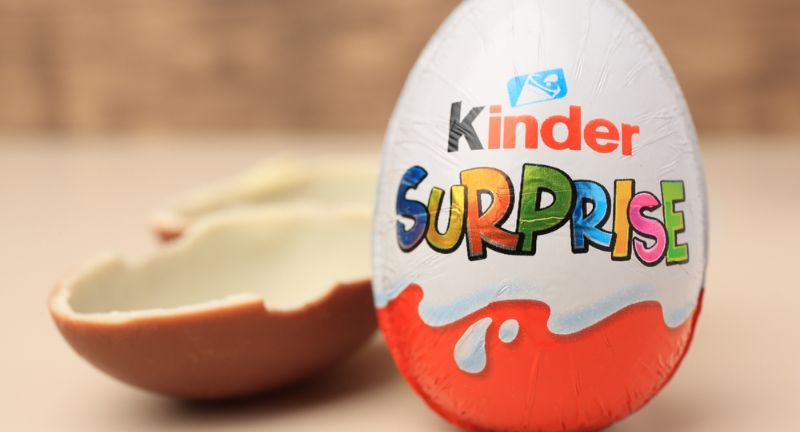
Shutterstock
Kinder Surprise Eggs, popular in Europe, are banned in the U.S. because they contain non-edible objects inside the chocolate shell. The FDA prohibits embedding toys in food to prevent choking hazards. While a modified version, Kinder Joy, is available, the original treat remains illegal. This ban highlights child safety over nostalgic sweets.
Haggis

Shutterstock
Traditional Scottish haggis, made with sheep lungs, is banned in the U.S. because the USDA prohibits the use of animal lungs in food. The ban aims to minimize potential health risks from contamination. Despite its cultural significance, authentic haggis is unavailable, though modified versions exist to comply with regulations.
Drinking on the Beach in Some States
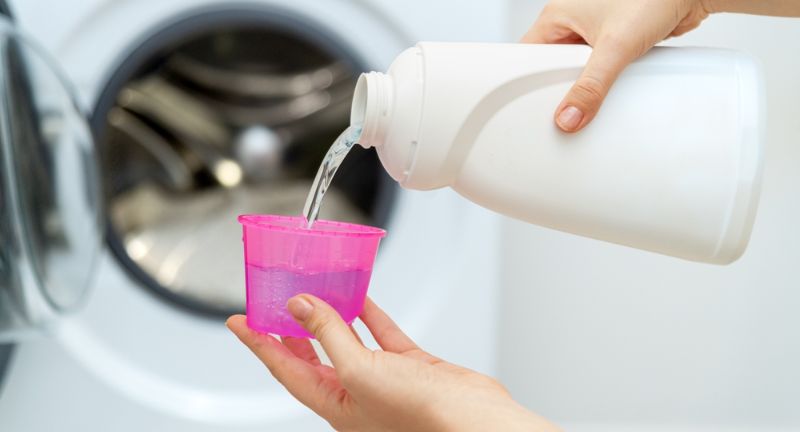
Shutterstock
While beachside drinks are popular in movies, drinking alcohol on public beaches is banned in many U.S. states. The restrictions aim to prevent littering, public intoxication, and disturbances. Popular beaches like those in Florida and California often enforce these rules strictly. Fines are common for those who break this surprising ban.
Imports of Cuban Cigars

Shutterstock
Cuban cigars, long associated with luxury, are banned from import to the U.S. due to trade embargoes with Cuba. While some restrictions have eased over the years, the sale of Cuban cigars remains prohibited. This ban reflects decades-old political tensions rather than health or safety concerns.
ABS Plastic

Shutterstock
Certain types of ABS plastic, commonly used in manufacturing, are banned in the U.S. because they fail to meet stringent environmental standards. These plastics can release harmful toxins during production or disposal. The ban encourages companies to use safer, more eco-friendly materials, aligning with sustainability goals.
Unpasteurized Milk

Shutterstock
Raw milk is banned in many states due to concerns about harmful bacteria like Salmonella and E. coli. Federal law prohibits its interstate sale, though some states allow it under strict conditions. Advocates argue for its nutritional benefits, but the FDA prioritizes public health with this ban.
Heelys in Certain Schools
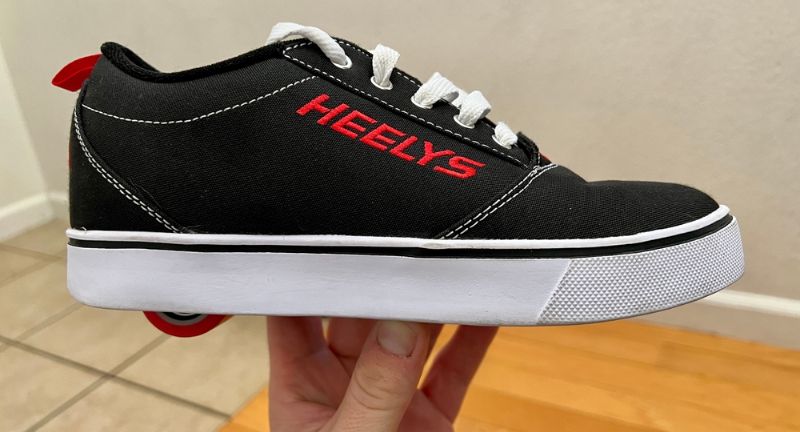
Shutterstock
Heelys, the wheeled sneakers, are banned in many schools across the U.S. due to safety concerns. Students have been injured while using them in hallways or during recess. Schools enforce these bans to prevent accidents and liability issues. While fun, Heelys remain a no-go in many educational settings.
Wild Beluga Caviar

Shutterstock
Beluga caviar is banned in the U.S. to protect the endangered beluga sturgeon. Harvesting these eggs contributes to the species’ decline, prompting conservation laws. While farmed alternatives are available, wild beluga caviar remains off-limits. The ban prioritizes environmental preservation over luxury cuisine.
Neon Signs in Certain Cities
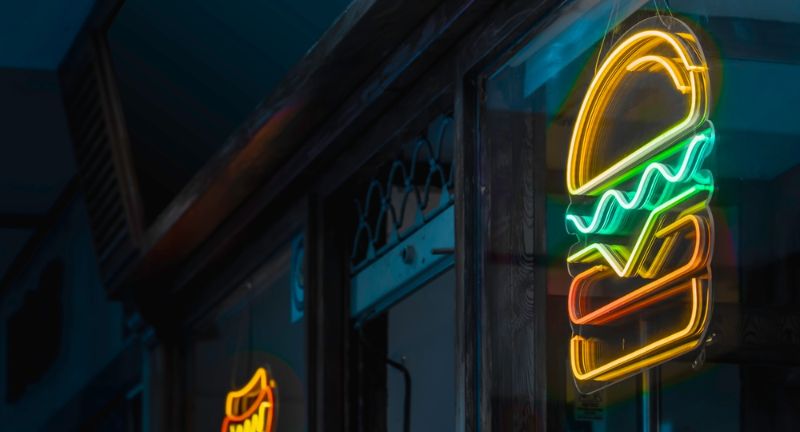
Shutterstock
Neon signs are banned in some U.S. cities to maintain historic aesthetics or reduce light pollution. Communities aiming for a quaint or environmentally friendly atmosphere restrict their use. Businesses must use alternative signage that complies with local regulations. This surprising ban reflects aesthetic and environmental priorities.
Flavored Vape Products
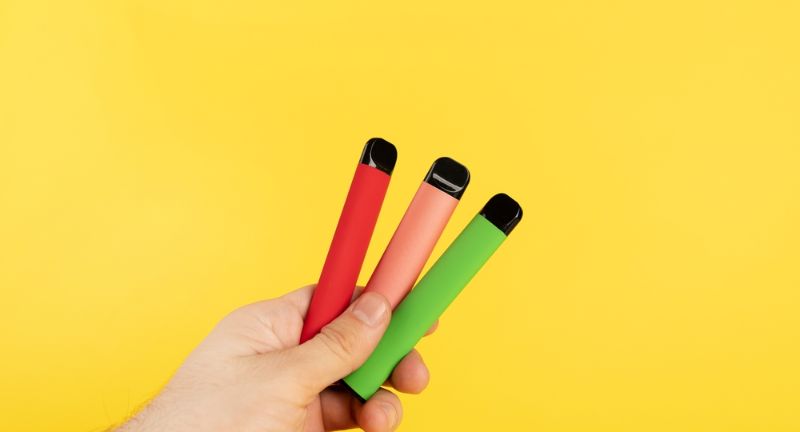
Shutterstock
Flavored vape products, including menthol and fruit flavors, are banned in several states to curb underage vaping. Regulators believe these flavors appeal to minors, leading to stricter controls. While tobacco-flavored options remain legal, flavored varieties face increasing restrictions nationwide. The ban aims to protect public health, especially among youth.
Shark Fins
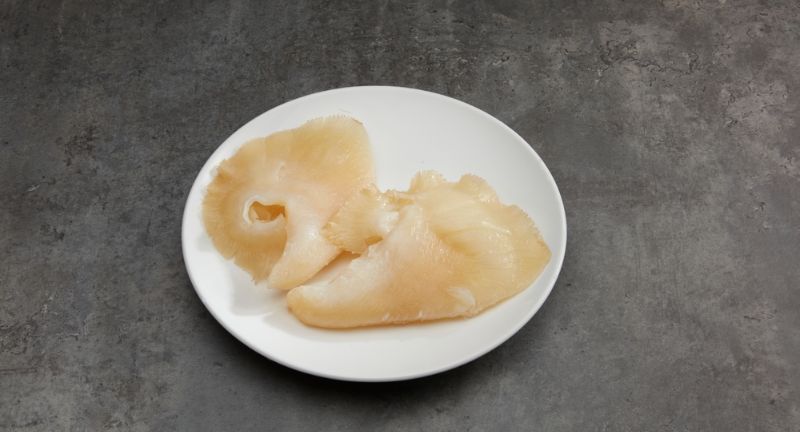
Shutterstock
Shark fins are banned in the U.S. to combat the inhumane practice of shark finning and protect shark populations. Federal and state laws prohibit the sale and trade of shark fins, though enforcement varies. The ban reflects growing conservation efforts to preserve marine biodiversity.
Some Foreign Honey Brands
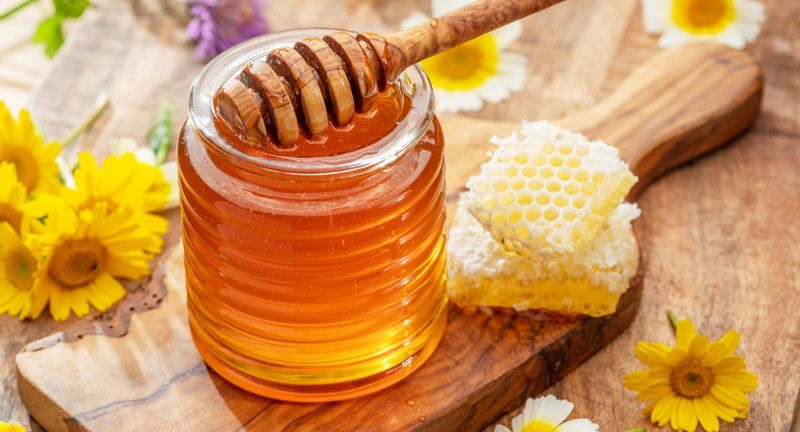
Shutterstock
Certain imported honey brands are banned in the U.S. due to concerns about contaminants like antibiotics or heavy metals. The FDA enforces strict standards to ensure safety and authenticity. American beekeepers also advocate for these bans to support domestic honey production. The restrictions prioritize quality over quantity.
Foie Gras in Some States

Shutterstock
Foie gras is banned in several states, including California, due to ethical concerns over force-feeding geese or ducks. These bans target the production and sale of foie gras but often face legal challenges. The restrictions highlight a growing awareness of animal welfare in the food industry.
Ortolan Bunting

Shutterstock
Ortolan bunting, a small bird considered a delicacy in France, is banned in the U.S. due to its endangered status. Wildlife conservation laws prohibit its import, reflecting ethical and environmental concerns. The practice of preparing the bird has also drawn criticism for its cruelty, reinforcing the ban.
Certain High-Thujone Absinthe
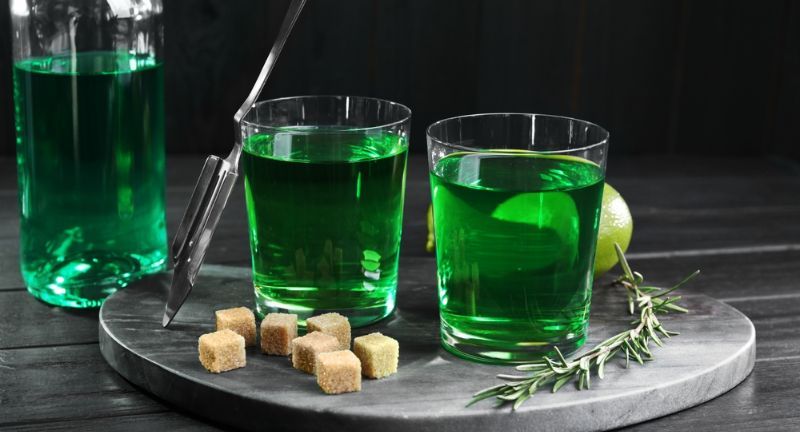
Shutterstock
High-thujone absinthe, associated with hallucinations, is banned in the U.S. Thujone, a compound found in wormwood, is limited to 10 parts per million in absinthe sold in the country. Modern absinthe adheres to these regulations, offering a safer, milder version of the storied drink.
Plastic Bags in Some States
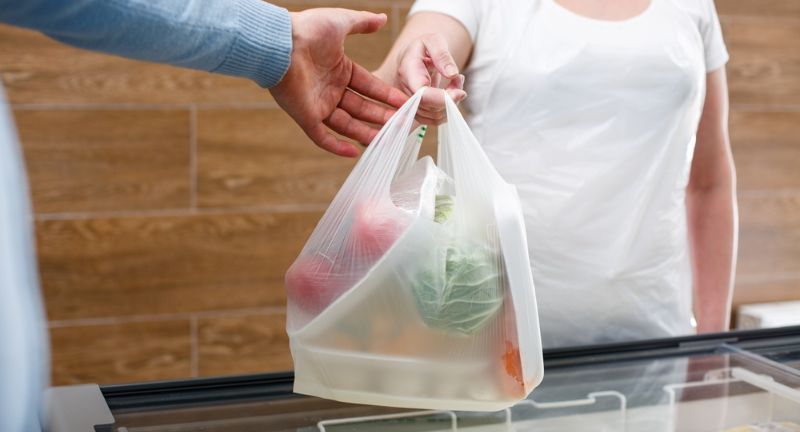
Shutterstock
Single-use plastic bags are banned in multiple states, including California and New York, to reduce environmental waste. These bans encourage reusable bag use and promote sustainability. Retailers often charge fees for paper or alternative bags to discourage wasteful practices. The bans reflect a growing focus on reducing plastic pollution.
Hemp Products with High THC
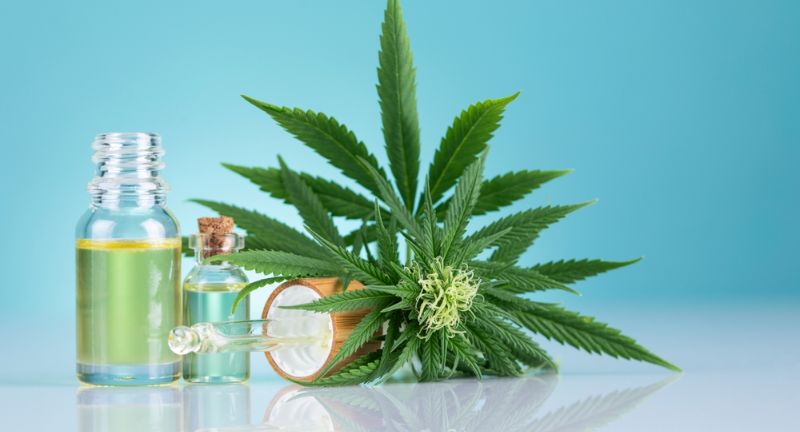
Shutterstock
Hemp-derived products with THC levels above 0.3% are banned under federal law. The restrictions differentiate industrial hemp from marijuana, ensuring compliance with the Farm Bill. Low-THC hemp products are widely available, but anything exceeding the limit remains illegal. This ban supports regulation of the cannabis industry.
Live King Cobras
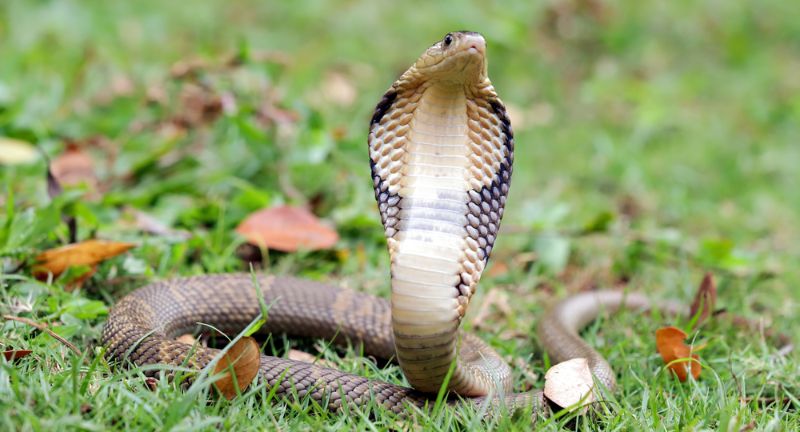
Shutterstock
Owning live king cobras is banned in the U.S. due to the snake’s dangerous venom and invasive species risk. Federal and state laws prohibit private ownership, requiring special permits for educational or conservation purposes. The ban prioritizes public safety and environmental protection.
Fugu (Pufferfish)

Shutterstock
Fugu, or pufferfish, is banned in the U.S. unless prepared by certified chefs who meet strict safety standards. The fish contains deadly toxins that require precise preparation to neutralize. The ban reflects health concerns and minimizes the risk of fatal poisoning. It remains a rare and regulated delicacy.
Polystyrene Foam Containers in Some States
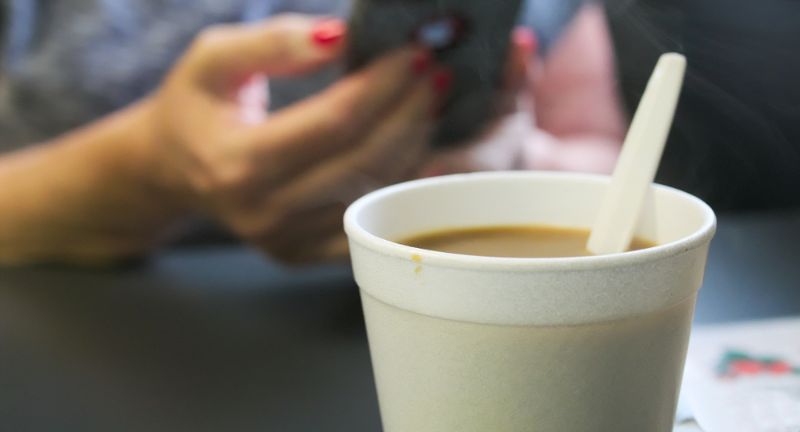
Shutterstock
Polystyrene foam, commonly used for takeout containers, is banned in several states due to its environmental impact. These bans aim to reduce non-biodegradable waste that contributes to pollution. Businesses in affected states have transitioned to compostable or recyclable alternatives. The bans reflect growing efforts to prioritize eco-friendly packaging solutions.
Certain Red Food Dyes
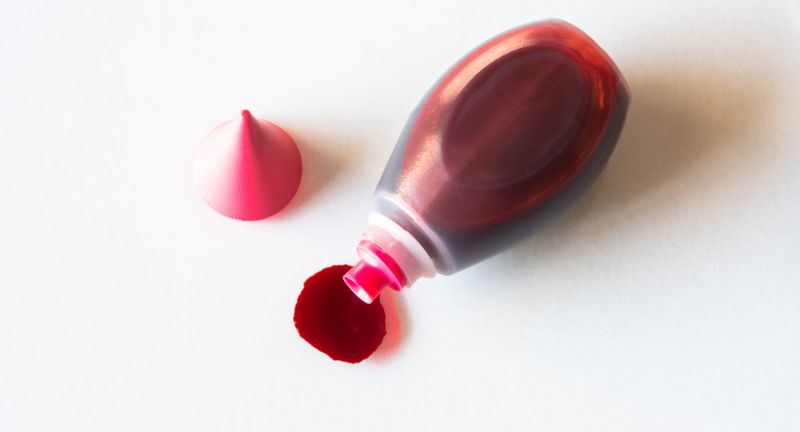
Shutterstock
Certain red food dyes, such as Red Dye No. 2, are banned in the U.S. due to health concerns, including links to cancer. These dyes were once widely used in candies and processed foods but have been replaced by safer alternatives. The FDA enforces these bans to ensure consumer safety. Public health remains a priority in food regulations.
Chlorofluorocarbons (CFCs)
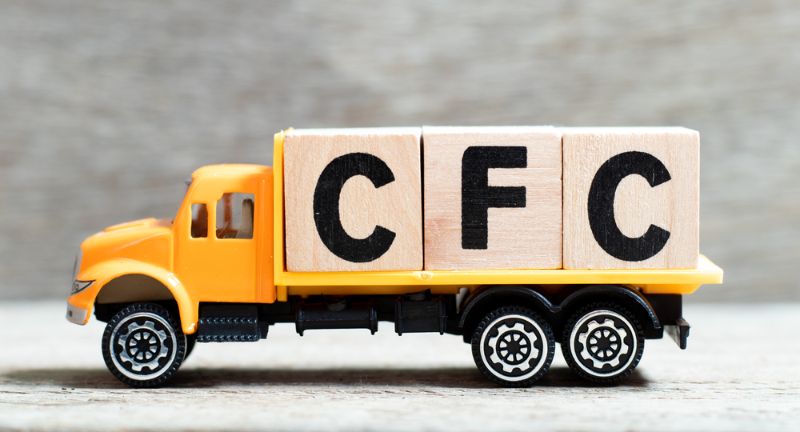
Shutterstock
CFCs, once used in refrigerants and aerosol sprays, are banned in the U.S. due to their role in ozone layer depletion. The ban aligns with the Montreal Protocol, an international treaty to phase out ozone-depleting substances. Alternatives like hydrofluorocarbons (HFCs) are now widely used. The ban highlights global environmental cooperation.
Exotic Pets in Some States
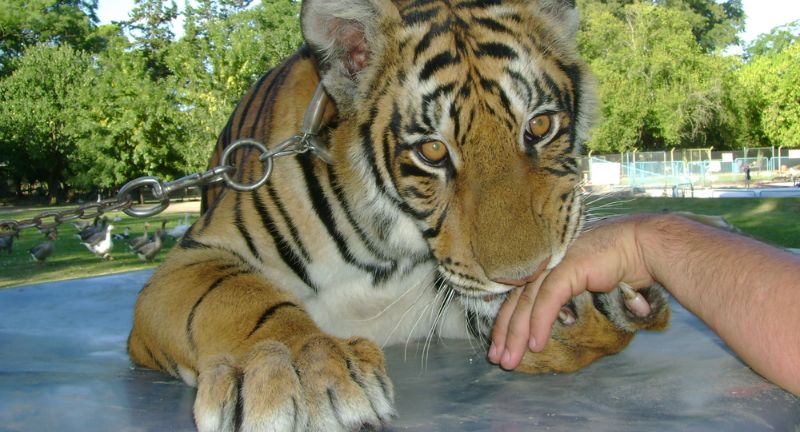
Shutterstock
Exotic pets like tigers, monkeys, and certain reptiles are banned in many U.S. states due to safety and environmental concerns. These restrictions aim to protect native ecosystems and prevent dangerous interactions with humans. Licenses for specific educational or conservation purposes may be available, but private ownership is widely prohibited. The bans prioritize public and environmental safety.
Meat from Cloned Animals
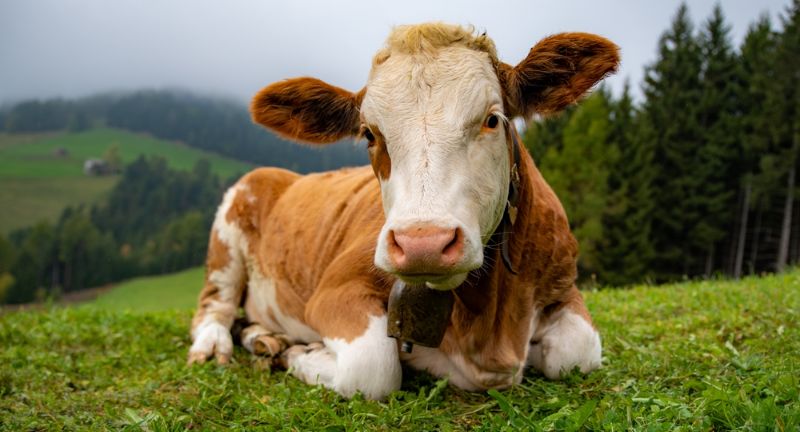
Shutterstock
While the FDA has deemed meat from cloned animals safe for consumption, its sale is effectively banned due to public resistance and ethical concerns. Most producers avoid cloned animal meat to maintain consumer trust. Instead, the focus is on natural breeding and traditional farming practices. The ban reflects public sentiment more than scientific evidence.
Incandescent Light Bulbs in Some States

Shutterstock
Incandescent light bulbs have been phased out in several states due to their energy inefficiency. These bans encourage the use of LED or CFL bulbs, which consume less energy and last longer. Federal energy standards have also pushed for broader adoption of efficient lighting. The ban supports sustainability and reduces energy waste.
Conclusion
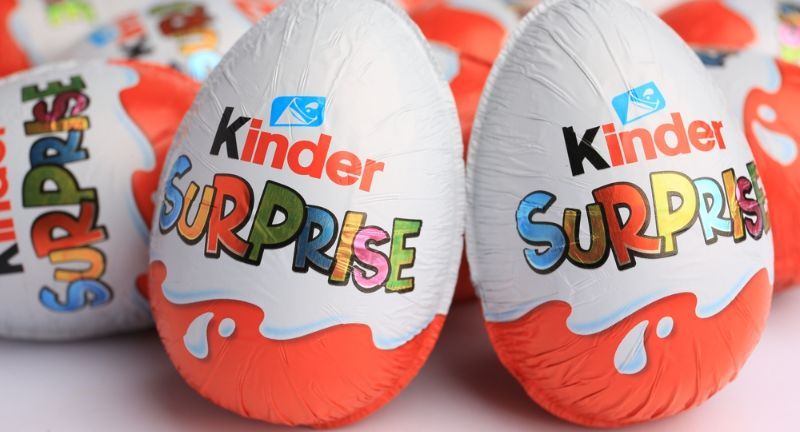
Shutterstock
These surprising bans in the U.S. reflect a balance between public safety, environmental protection, and ethical considerations. From preserving ecosystems to ensuring consumer health, these restrictions shape daily life in unexpected ways. Understanding these laws highlights the complexities behind what’s allowed and what isn’t. Whether you agree with them or not, these bans offer insight into America’s priorities and values.
More From Local News X
-


20 Reasons Retirees Are Disappointed When They Reach High Net…
-


16 Top-Tier Firearms Absolutely Worth Their Massive Price-Tag
-


22 Things Americans Might Be Doing To Offend Locals While…
-


21 Secrets Every Handyman Knows That Homeowners Should Learn
-


Large Building Fire in Orange, Massachusetts
-


21 Things Retirees Should Never Buy At The Grocery Store
-


21 Social Security Mistakes You Should Avoid At All Costs
-


22 Signs You Are A Truly Charismatic Person
-


Local Residents of Slavyansk Comment on Near Constant Shelling, Show…
-


22 Important Costs Retirees Fail To Plan For
-


Teacher Takes His Students Through Active Shooter Lockdown Drill
-


16 Reasons Why Baby Boomers Are Despised by Younger Generations
